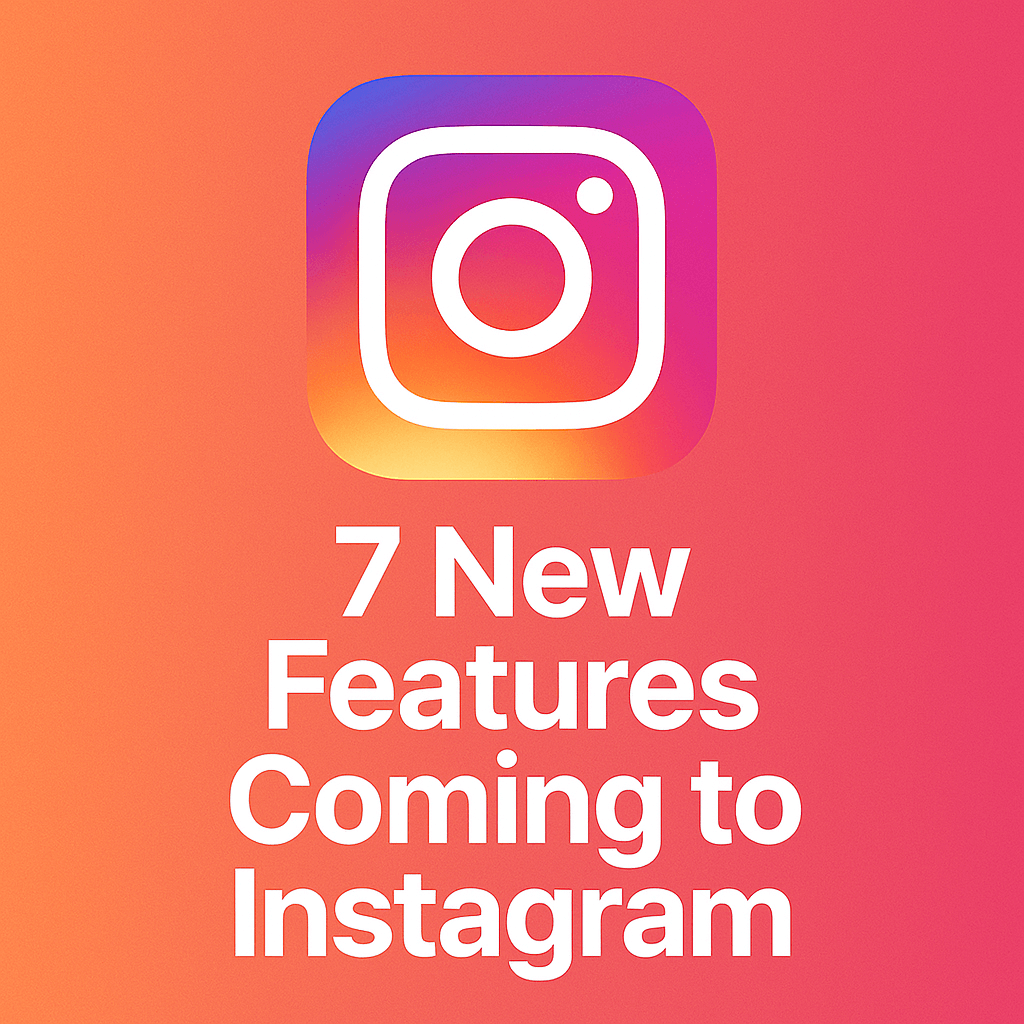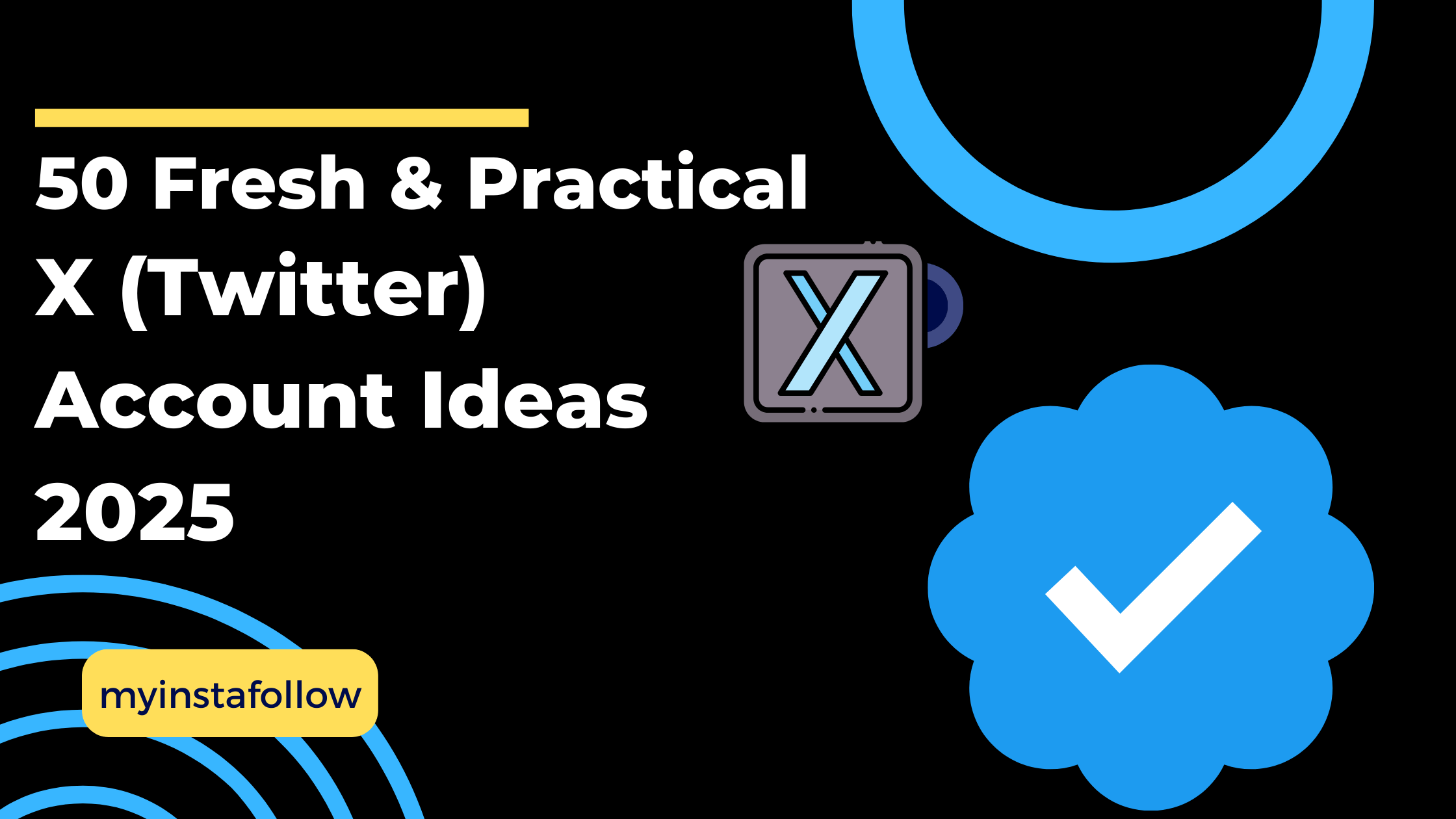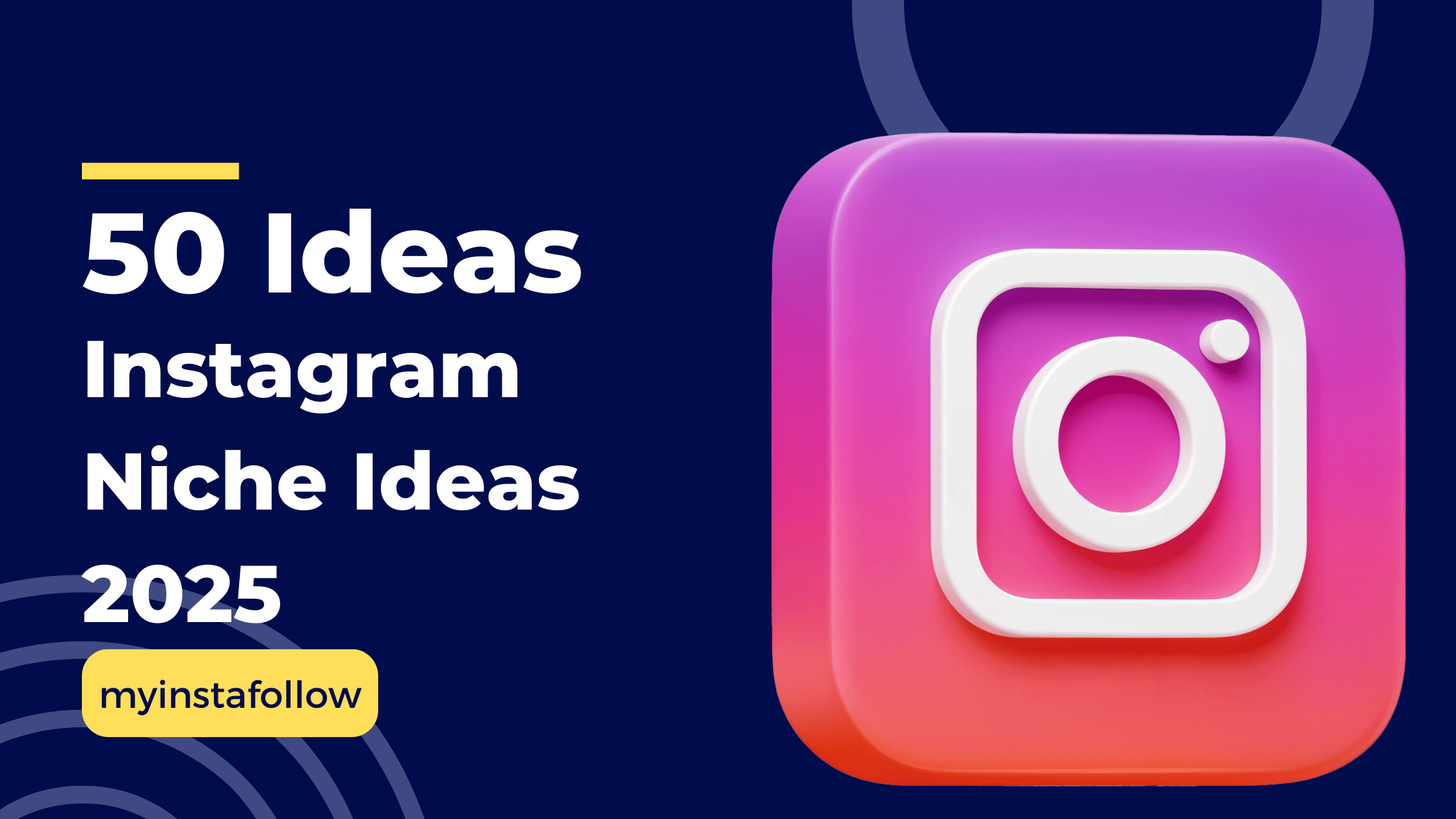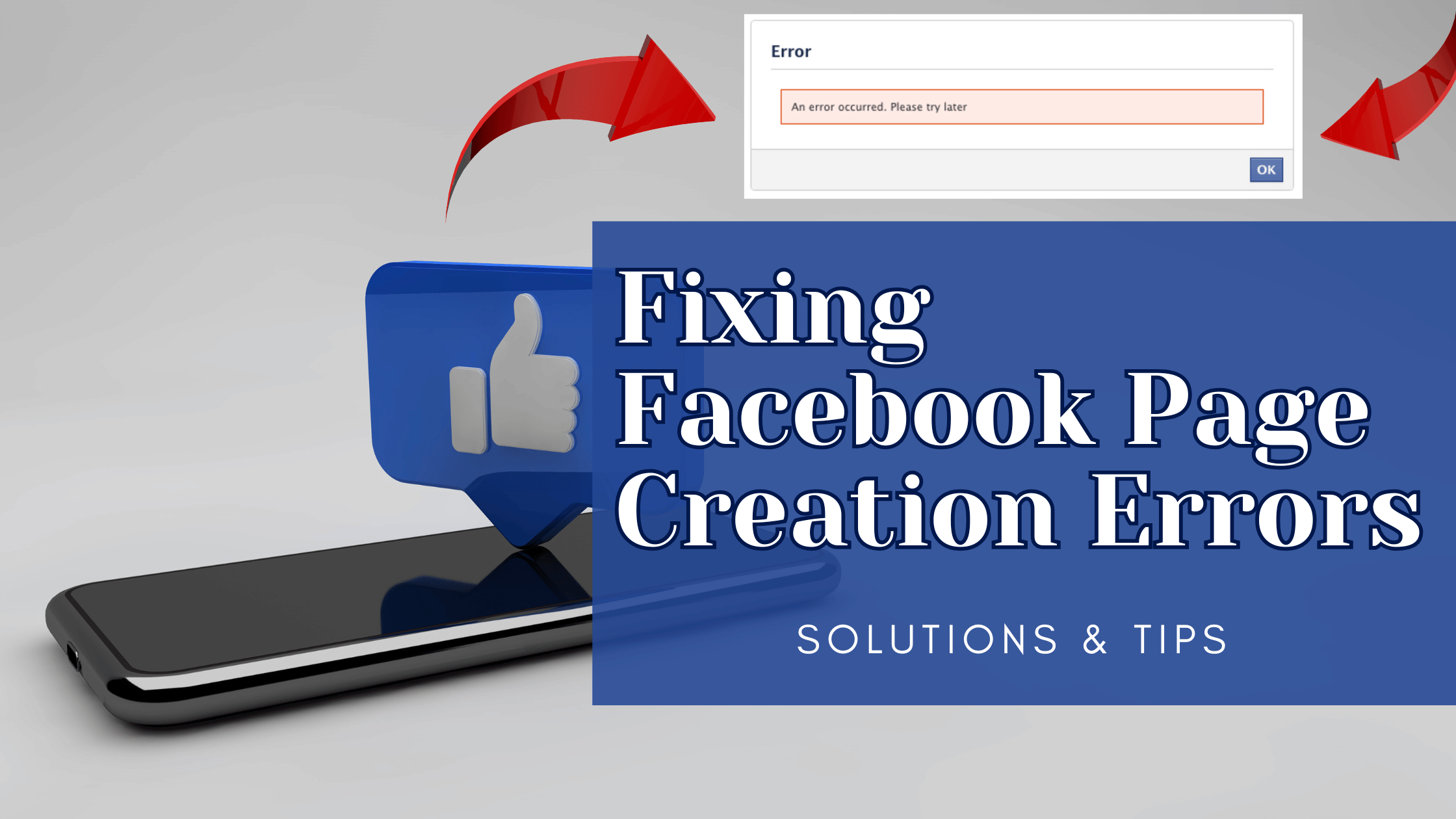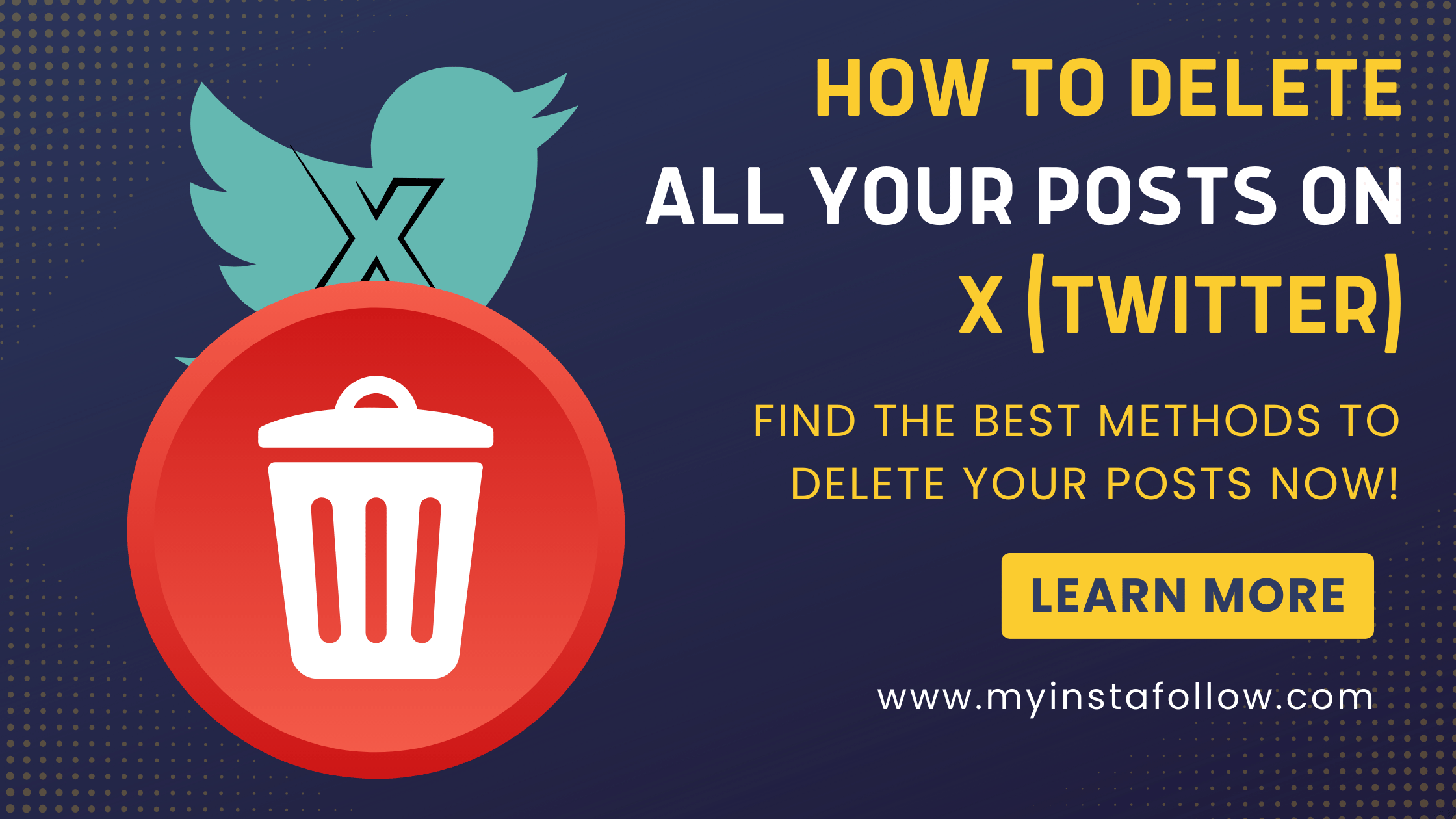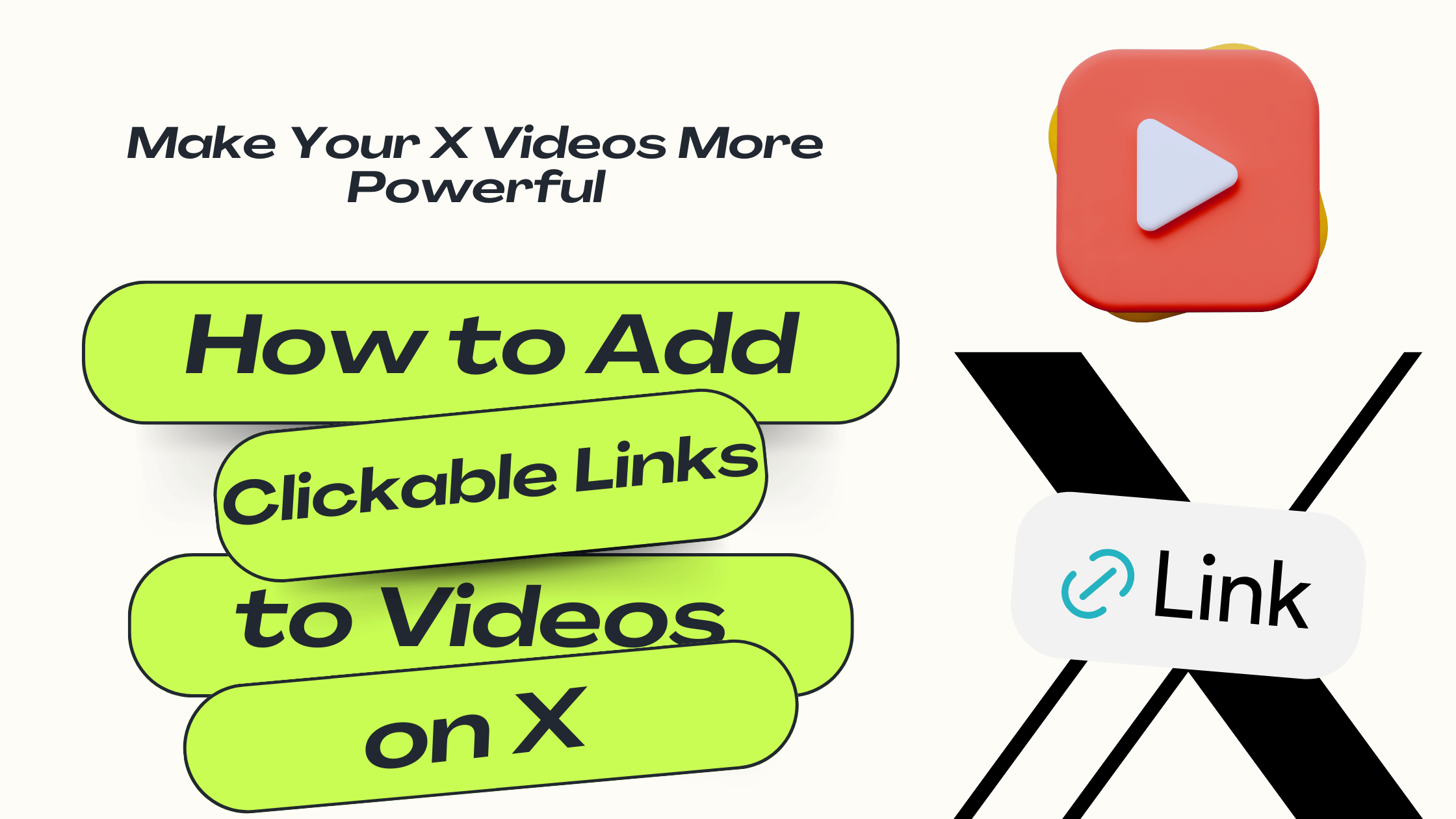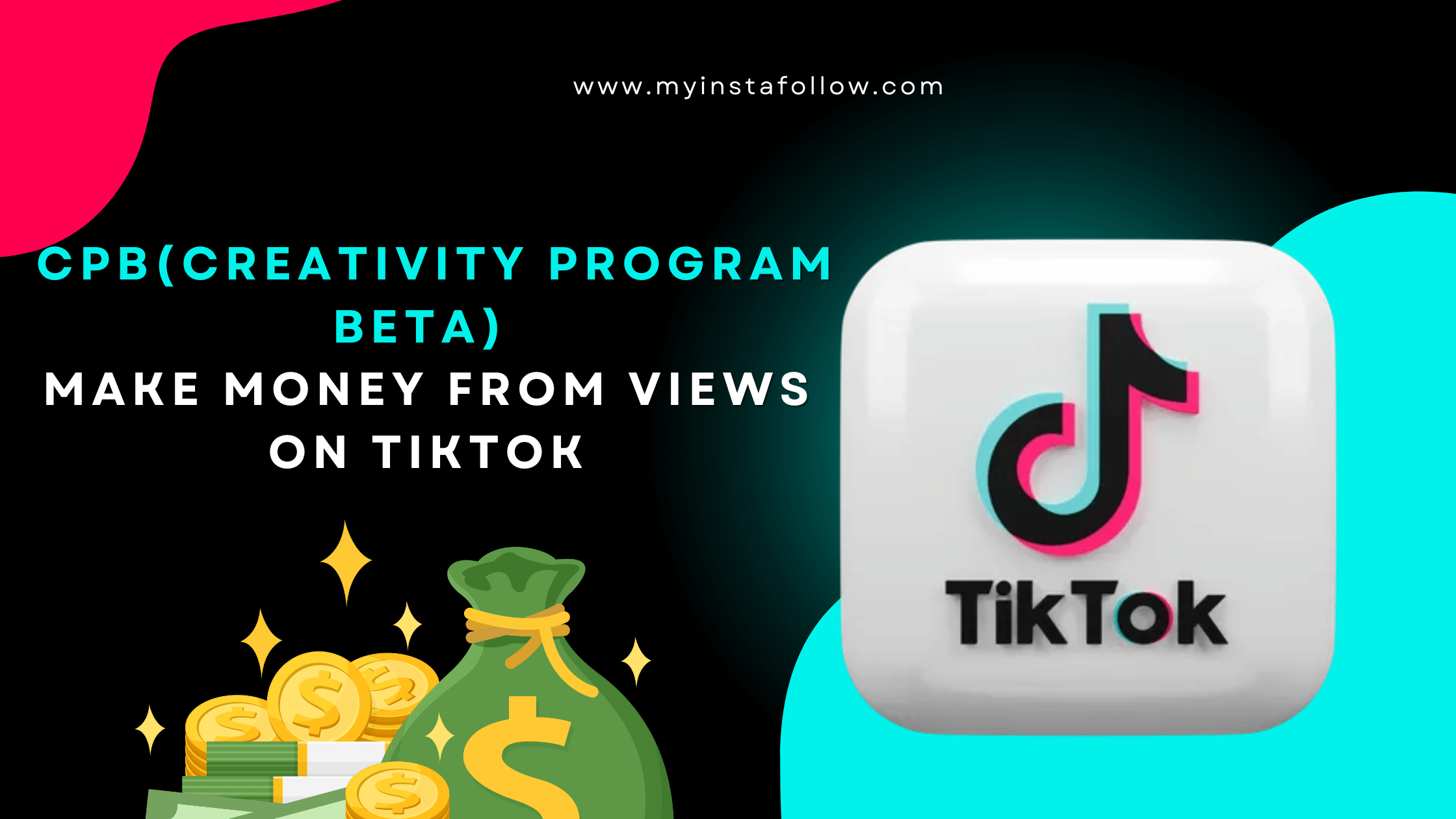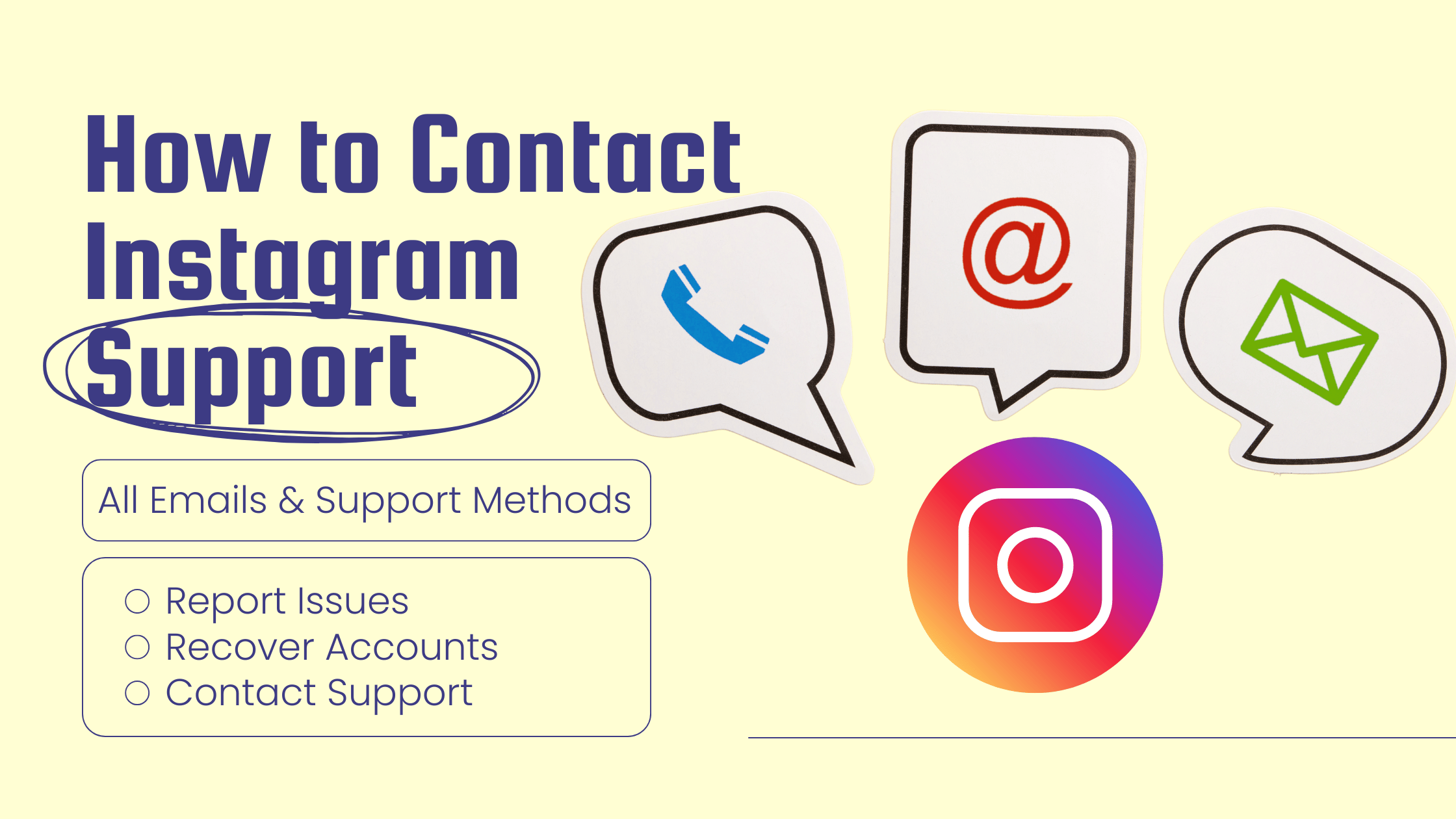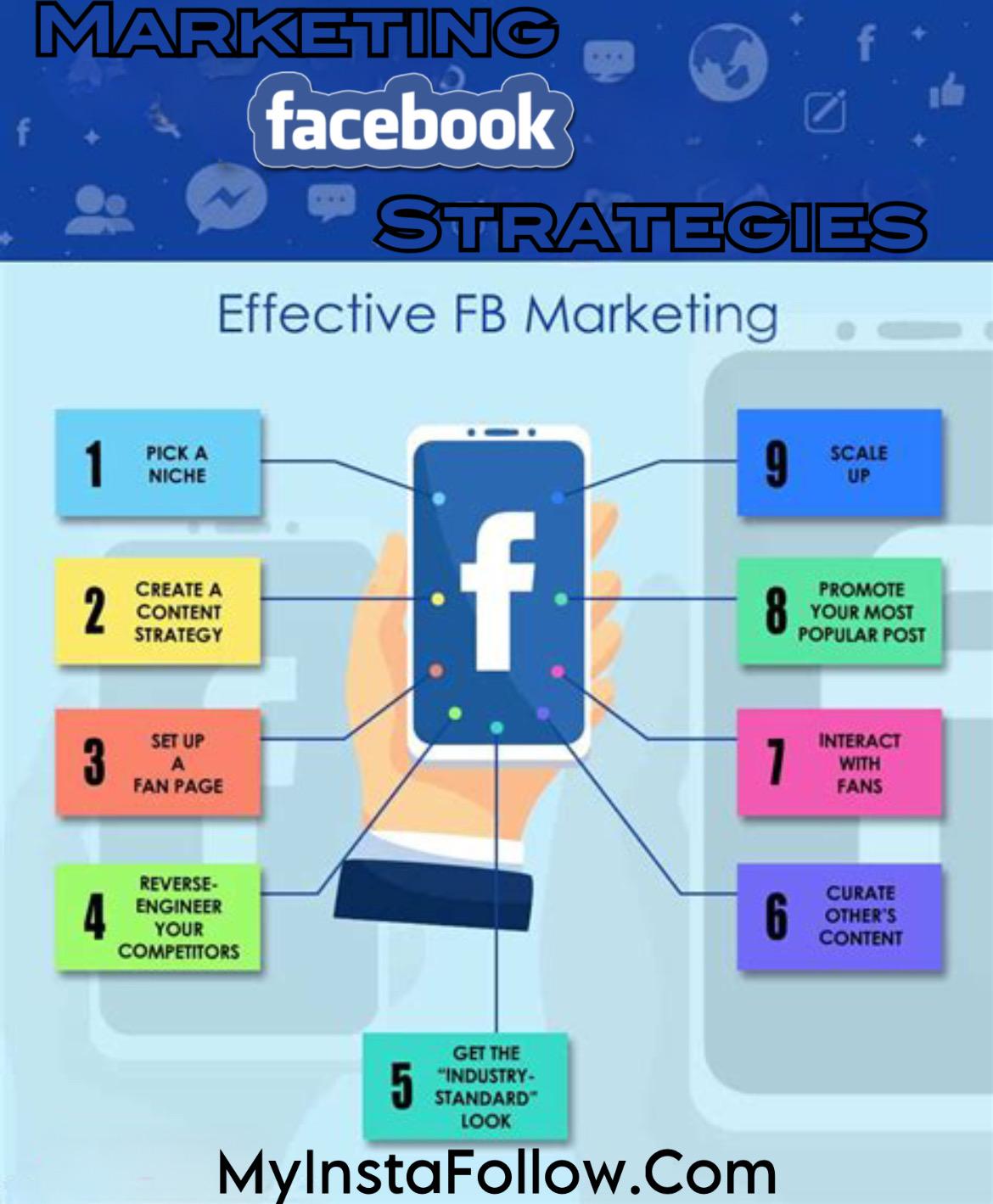
Understanding Your Audience
Effective Facebook marketing starts with knowing your audience. Use Facebook Insights and other analytics tools to:
- Identify demographic details such as age, location, and interests.
- Understand when your audience is most active.
- Track engagement metrics to determine which content resonates.
This data guides content creation, ad targeting, and overall strategy to improve ROI.
Content Strategy and Creation
A strong content strategy is the backbone of successful Facebook marketing. Focus on:
- Quality Over Quantity: Post high-quality content that offers value, rather than frequent low-quality posts.
- Variety: Use images, videos, stories, and live sessions to engage different segments of your audience.
- User-Generated Content: Encourage fans to share their experiences with your brand to build community trust.
Keep up with Facebook’s evolving algorithm by staying informed about best practices for content reach and engagement.
Facebook Advertising: Reaching Beyond Organic
Organic reach can be limited, so leveraging Facebook Ads is essential. Key steps include:
- Define Your Goals: Choose objectives like brand awareness, lead generation, or conversions.
- Targeting: Use Facebook’s robust targeting options to reach a precise audience based on demographics, interests, and behavior.
- A/B Testing: Test different ad creatives, copy, and calls-to-action to find what works best.
- Budget Management: Set realistic budgets and adjust based on campaign performance using Facebook Ads Manager.
Regularly review your ad performance metrics and adjust your campaigns for optimal results.
Engaging Your Community
Building a loyal community can dramatically impact your brand’s success on Facebook. Strategies include:
- Responsive Interaction: Respond to comments and messages promptly to build trust.
- Community Groups: Create and manage Facebook groups related to your brand to foster deeper engagement.
- Contests and Giveaways: Organize interactive events that encourage sharing and participation.
Engagement isn’t just about broadcasting; it’s about conversation and relationship-building.
Utilizing Facebook Tools and Features
Facebook continually rolls out new features that marketers can leverage:
- Facebook Shops: Set up an online store directly on your Facebook page to streamline sales.
- Live Video: Use Facebook Live for real-time engagement, product launches, or Q&A sessions.
- Stories: Share behind-the-scenes content and timely updates using Facebook Stories.
- Analytics: Regularly review insights for posts, ads, and page performance to refine your strategy.
Staying updated with these tools can give you a competitive edge and enhance your marketing effectiveness.
Measuring Success and Optimizing Strategy
Regular analysis and optimization of your Facebook marketing efforts ensure ongoing success:
- Set clear, measurable goals (KPIs) such as engagement rate, conversion rate, and ROI.
- Use Facebook Insights and third-party analytics tools to track performance.
- Identify what works and what doesn’t, and adjust your content, ads, and tactics accordingly.
- Keep an eye on industry trends and algorithm changes to stay ahead.
Continuous learning and adaptation are key to long-term success in Facebook marketing.
